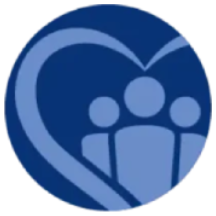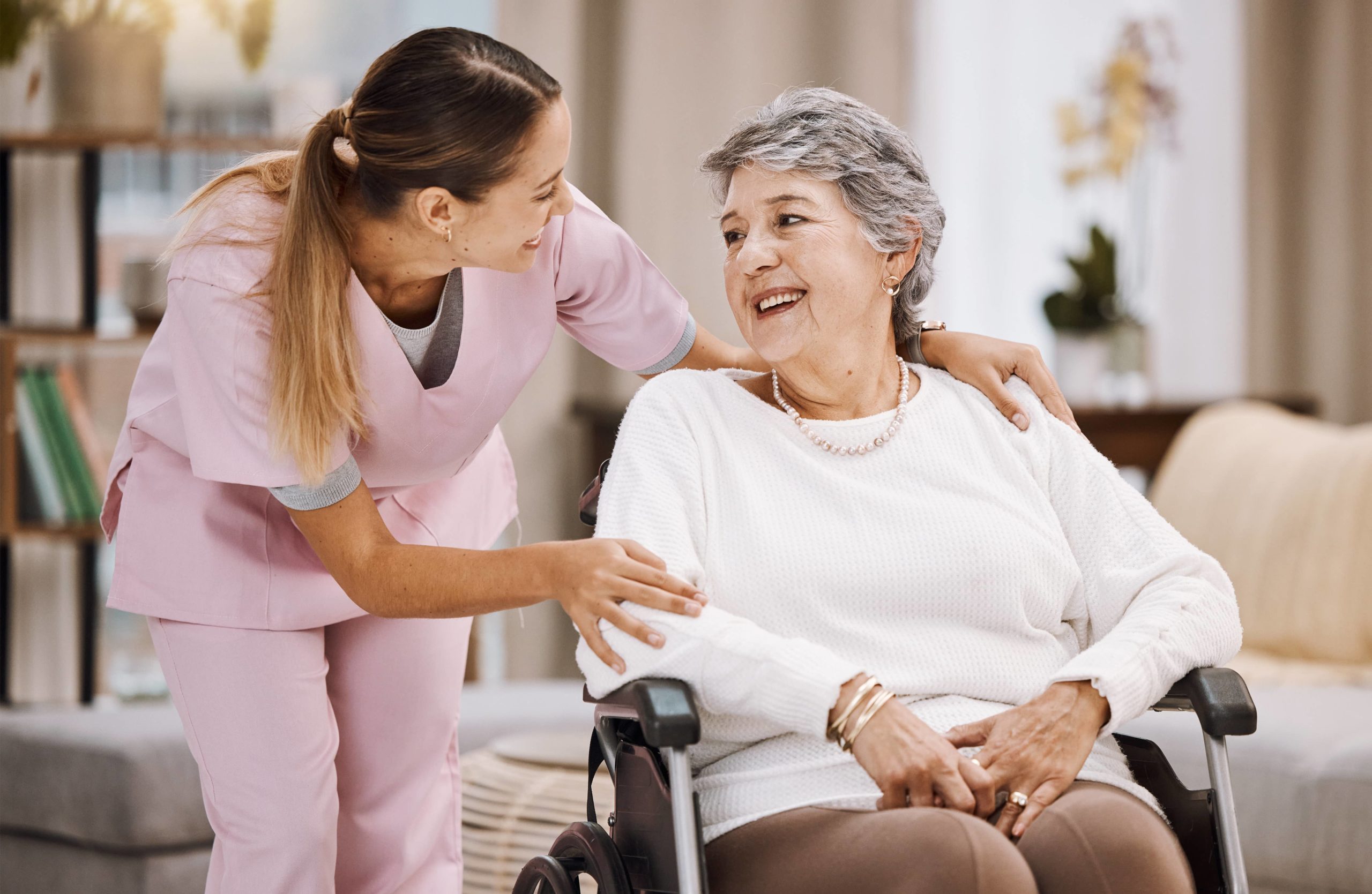People often use the terms skilled nursing, assisted living, and nursing home interchangeably, but they are different. Today, if you still need clarification, we’re discussing something about skilled nursing.
Nova HHC is here with additional helpful tips and knowledge about the types of skilled nursing. Don’t get confused with these two! Check out this blog post for more information.
The Differences
A nursing home is where people get help with daily tasks or skilled nursing care. Assisted living is for older people who don’t need nursing care around the clock but could help with daily chores (ADL).
ADLs include help with eating, remembering to take medications, bathing, putting on clothes, and getting out of bed. Skilled nursing care is when a patient needs care or treatment only a licensed nurse can give.
Most of the time, this kind of care is given in hospitals, assisted living communities, Life Plan Communities, nursing homes, and other approved places. The U.S. Department of Health and the Centers for Medicare & Medicaid Services mainly control skilled nursing (CMS).
For CMS to certify a skilled nursing community, it must meet strict criteria and be inspected regularly to ensure it meets quality standards.
Skilled Nursing Care
Your loved one may still need rehabilitation in a skilled nursing community after they leave the hospital after a stroke, surgery, or treatment parts for the kidney, heart, or lungs.
Skilled nursing is also best when a doctor orders physical and occupational therapy, medications, medical equipment and supplies, and social services to help your loved one reach their health goals.
Physical Therapy
Physical therapy holds a rehab care team that will make a personalized plan for the best possible outcome after an illness, surgery, or stay in the hospital.
Occupational Therapy
Occupational therapy helps people adjust to their social and physical environments by teaching them how to get dressed, improve their memory, and work on their coordination.
Speech Therapy
This therapy helps people who have trouble communicating and swallowing. Speech and language pathologists make a treatment plan to help with language skills, offer different ways to share, and suggest a healthy diet.
The truth is that skilled nursing communities can provide various services and medical care, such as physical therapy, occupational therapy, speech-language pathology, wound care, intravenous (IV) therapy, injections, and monitoring vital signs and medical equipment.
When is Skilled Nursing Necessary?
Skilled nursing care is when trained professionals care for hurt or sick people. These services can include:
- Care for wounds after surgery and complex wound dressings
- Giving out and keeping an eye on intravenous drugs
- Injections into the muscle
- Care for catheters, leaks, and colostomies
- Feedings through tubes
- Taking care of diabetes
- Help with the Things You Need to Do Every Day (ADLs)
- Transfusions of blood
- Vital signs and medical equipment are kept an eye on.
- Changes in health that happen quickly
After a hip replacement, physical therapy can help with problems with strength and balance. Speech therapy can also help people talk again after a stroke.
Skilled Nursing at Nova HHC
Our RNs and LPNs are experienced, highly skilled, and caring. They are available 24 hours a day, seven days a week, and a doctor always oversees your care. Our nurses ensure that each patient gets the care they need based on their needs.
They also teach patients and their families about treatment options, check on patients’ health, manage IVs, make sure patients understand and take their medications, care for wounds, and do a lot more.
Skilled nursing services at Nova HHC give you and your loved one a full nursing assessment, care, support, and education. The program could include, but won’t be limited to, the following:
- A registered nurse who is available to talk to you about your health concerns and needs 24 hours a day, seven days a week.
- Blood tests can be done at home, so people don’t have to make extra trips to labs or risk getting diseases like the flu that spread through the community.
- Getting to know the patient’s primary and specialty care doctor and keeping in touch with them professionally. This makes it possible to coordinate care in a way that puts the patient’s health and well-being first.
- Evaluation of the patient’s health, looking for early signs of potential health risks so that they can be treated quickly and the patient doesn’t have to go to the hospital.
- Worked with IVs, medicine injections, feeding tubes, and wound care.
- Your doctor’s care plan is carried out quickly and professionally, just as they told us.
- Teaching patients and their families about medications and health diagnoses can help them learn more and feel better about themselves.
Helpful Tips For Skilled Nursing
There are many helpful tips to get you started and essential questions to ask before you decide on care. But the ideal and most effective one is to ask and seek your trusted people.
Reach out to consultants, friends, family, or doctors, who you know will give you honest advice for their suggestions. Once you have a list of care options, you can also look at online reviews of a community.
Still, because personal reviews can be very subjective, weighing them with your other information is essential. Once your list is narrowed down, start planning to visit your top communities.
While doing this, think about other essential things, like how they answer the phone, how long it takes for them to get back to you, and how helpful they are.
Takeaway
Even if you know the differences between the different types of care, it can be hard to know which professional nursing community is best for you or a loved one. Nova HHC gives each skilled nursing community the best values for excellent service.
This makes it easier for seniors, their families, and caregivers to compare skilled nursing communities. Contact us today to learn more about skilled nursing and how we can help your family.






